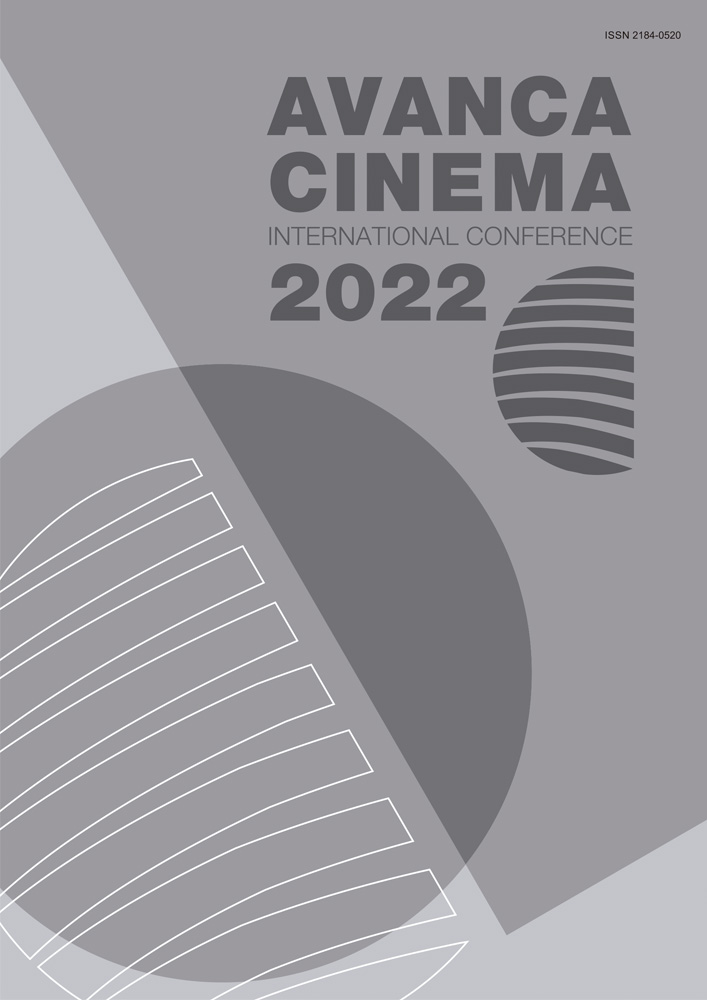Capítulo I _ Cinema – Arte
Lupinus Homo – Classical Mythology reshaping intergenerational and gender conflict in The Power of the Dog by Jane Campion (2021)
Resumo
The Power of the Dog by Jane Campion (2021), with a screenplay adapted from the novel of the American writer Thomas Savage (Salt Lake City 1915 – 2003) is a powerful work that reflects on family tensions, intergenerational relationships, brotherhood, and the conflict between real and expected sexual identities, in a Genesiac and wild environment (American western landscape), where humanity and animality cross each other and collide.
With this text, it is our objective to show how the film adapts the autobiographical novel by Thomas Savage, that is, to analyse the relationship between the film and the homonymous literary novel and, above all, to explore the role of the founding myth of Rome – the founding brotherhood of Romulus and Remus, the children of the she-wolf, then violently dismantled, so that the city and the community could prosper. In this sense, the Montana ranch, the centre of interpersonal tensions generated by the destabilizing presence of the feminine, is, from the perspective of the Reception Studies of ancient mythology, the microcosm of a community stuck to the stigma of stereotypes of a masculinity closed on its limits.

Este trabalho encontra-se publicado com a Licença Internacional Creative Commons Atribuição 4.0.

